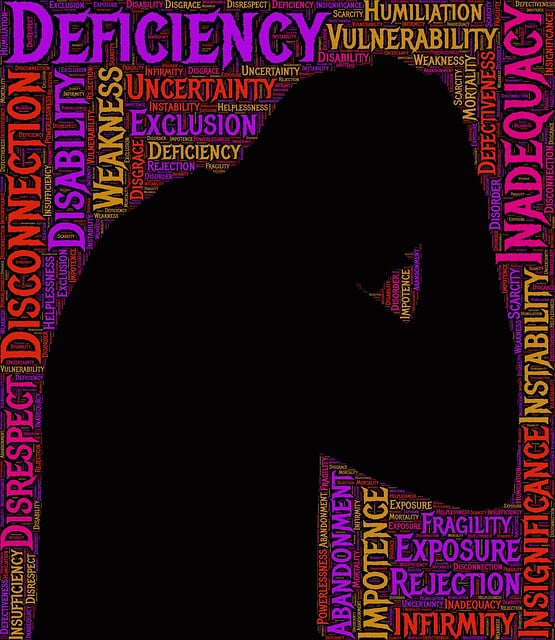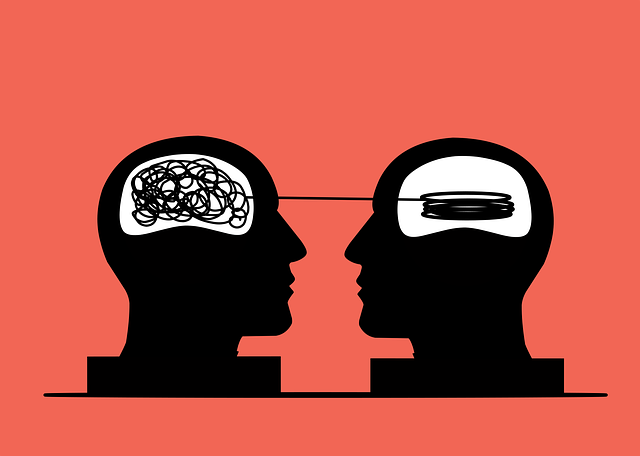Understanding and assessing your mental wellness needs through reflection and evaluation is crucial for establishing a personalized self-care routine, especially when facing challenges like Broomfield Relationship Issues Therapy (BRIT). Start with setting realistic goals, like daily meditation or journaling, and gradually introduce more complex activities. BRIT offers therapeutic practices to navigate relationship dynamics, enhance self-awareness, and improve communication skills for holistic mental wellness. Regularly assess your emotional well-being and adapt your self-care routine accordingly, incorporating diverse practices for sustainable mental health improvement.
“Uncover the path to optimal mental wellness with this comprehensive guide to self-care routine development. Understanding your unique mental health needs is the first step, assessed through a thorough evaluation of your current state. From there, we explore the building blocks of a sustainable routine, emphasizing setting realistic goals. Discover how Broomfield Relationship Issues Therapy techniques can be seamlessly integrated for holistic healing. Learn practical tips to adapt and sustain your self-care journey for long-term mental wellbeing.”
- Understanding Your Mental Wellness Needs: Assessing Your Current State
- Building Blocks of a Self-Care Routine: Setting Realistic Goals
- Integrating Therapeutic Practices: Incorporating Broomfield Relationship Issues Therapy Techniques
- Sustaining and Adapting Your Routine: Tips for Long-Term Mental Wellbeing
Understanding Your Mental Wellness Needs: Assessing Your Current State

Understanding your mental wellness needs is a crucial step in developing an effective self-care routine. Assessing your current state involves taking inventory of your emotional, psychological, and social well-being. This includes recognizing both your strengths and weaknesses, as well as any areas where you may be experiencing difficulty or distress. By acknowledging these aspects, you can gain valuable insights into the specific areas that require attention and nurturing.
One effective way to begin this assessment is by reflecting on your daily experiences and emotions. Have there been recurring feelings of anxiety, sadness, or stress? Are certain situations or interactions triggering negative responses? Moreover, consider your overall lifestyle: are you engaging in activities that promote relaxation and joy? Or do you find yourself caught up in a routine that leaves little room for self-care? Evaluating these factors can help guide the creation of a personalized self-care plan tailored to address your unique mental wellness needs, potentially supporting your journey towards better emotional health, even if you’re facing challenges like Broomfield Relationship Issues Therapy or engaging in Mental Health Policy Analysis and Advocacy.
Building Blocks of a Self-Care Routine: Setting Realistic Goals

Developing a self-care routine is a powerful tool for anyone looking to enhance their mental wellness. A key component of this process is setting realistic goals, especially when addressing relationship issues or seeking Broomfield Relationship Issues Therapy. It’s essential to start small and focus on achievable objectives. For instance, dedicating 15 minutes daily to meditation or journaling can be more sustainable than planning an hour-long yoga session every other day.
Realistic goal-setting involves understanding your current capabilities and constraints. This might mean beginning with simple Emotional Well-being Promotion Techniques like mindful breathing exercises or gratitude practices. Over time, as you build momentum, you can gradually introduce more complex activities from the Mental Wellness Podcast Series Production library, always ensuring they align with your evolving needs and schedule. Remember, a successful self-care routine is flexible; it should adapt to your life rather than the other way around.
Integrating Therapeutic Practices: Incorporating Broomfield Relationship Issues Therapy Techniques

Developing a robust mental wellness self-care routine involves integrating therapeutic practices that cater to various aspects of one’s well-being. One such effective approach is adopting techniques from Broomfield Relationship Issues Therapy (BRIT). This therapeutic framework empowers individuals to navigate complex interpersonal dynamics and foster healthier connections, which is crucial for managing anxiety relief and promoting cultural sensitivity in mental healthcare practice.
BRIT offers valuable tools for understanding and addressing relationship challenges, enabling individuals to develop coping strategies that resonate with their unique experiences. By incorporating BRIT techniques, users can enhance self-awareness, improve communication skills, and cultivate more fulfilling relationships. This, in turn, contributes to a holistic mental wellness routine that acknowledges the interconnectedness of personal growth, stress management, and cultural considerations within the broader mental healthcare landscape.
Sustaining and Adapting Your Routine: Tips for Long-Term Mental Wellbeing

Maintaining a mental wellness self-care routine isn’t just about sticking to a set list of activities; it’s an evolving process that requires flexibility and self-awareness. The key to long-term mental wellbeing lies in adapting your routine to suit your changing needs. For instance, what works during high-stress periods might need adjustment as you find new equilibrium. Regularly assess your feelings and behaviors to identify when your routine could use a refresh. Incorporate diverse practices that support emotional regulation, such as mindfulness exercises or creative outlets, to ensure your well-being is nurtured holistically.
Consider seeking professional guidance from Broomfield Relationship Issues Therapy or Stress Management Workshops Organization if you find yourself struggling to adapt. They can offer valuable insights and tools based on Mind Over Matter principles to enhance your self-care journey. Remember, a dynamic self-care routine that adapts with life’s shifts is more sustainable and beneficial for your mental health than a rigid one that falls apart under pressure.
Developing a mental wellness self-care routine is a transformative journey, especially when incorporating effective practices like Broomfield Relationship Issues Therapy. By understanding your unique needs, setting realistic goals, and integrating therapeutic techniques, you can foster long-term mental wellbeing. Adaptability is key; regularly assess and adjust your routine to suit changing circumstances, ensuring a sustainable and healthy mind. Embrace the process, and remember, consistent effort leads to profound results.














